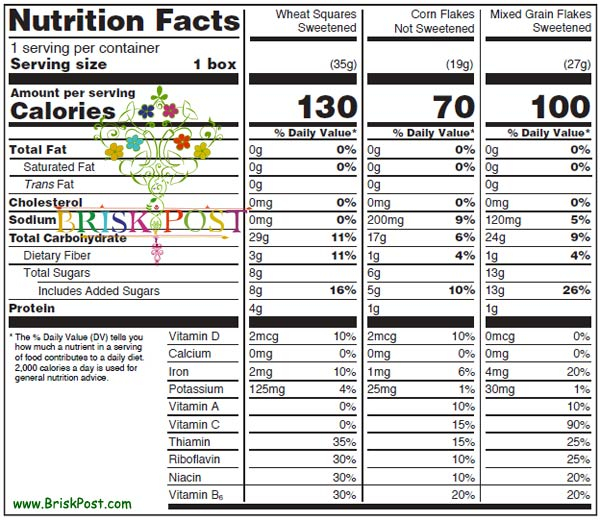When it comes to making healthy food choices, understanding nutrition labels is key. Nutrition labels provide important information about the nutrients in a particular food item. The most common nutrients listed on nutrition labels include calories, fat, carbohydrates, protein, and vitamins and minerals. By paying attention to these values, you can make informed decisions about what you are putting into your body.
It’s important to note that the % Daily Value (%DV) listed on nutrition labels is based on a 2,000 calorie diet. This can help you assess whether a food item is high or low in a particular nutrient. For example, if a food item has 20% DV for fat, that means it provides 20% of the recommended daily amount of fat for a 2,000 calorie diet.
Nutrition Information For Food
Reading Ingredient Lists
In addition to nutrition labels, it’s also important to pay attention to ingredient lists when evaluating the nutritional value of a food item. Ingredients are listed in descending order by weight, so the first few ingredients are the most prominent in the product. Look out for ingredients like added sugars, trans fats, and artificial additives, as these can have negative effects on your health.
Opt for foods with simple, whole ingredients and avoid products with long lists of unrecognizable additives. This can help you make healthier choices and avoid consuming unnecessary chemicals and preservatives. By reading both nutrition labels and ingredient lists, you can gain a better understanding of the nutritional value of the foods you eat.
Choosing Nutrient-Dense Foods
When it comes to selecting healthy foods, focus on choosing nutrient-dense options that provide a high amount of vitamins, minerals, and other essential nutrients without a lot of added sugars, fats, or empty calories. Foods like fruits, vegetables, whole grains, lean proteins, and healthy fats are great choices for a balanced diet.
By incorporating a variety of nutrient-dense foods into your meals, you can ensure that you are getting the essential nutrients your body needs to function properly. Remember to also pay attention to portion sizes and practice moderation when indulging in less nutritious foods. With a balanced approach to nutrition, you can support your overall health and well-being.
